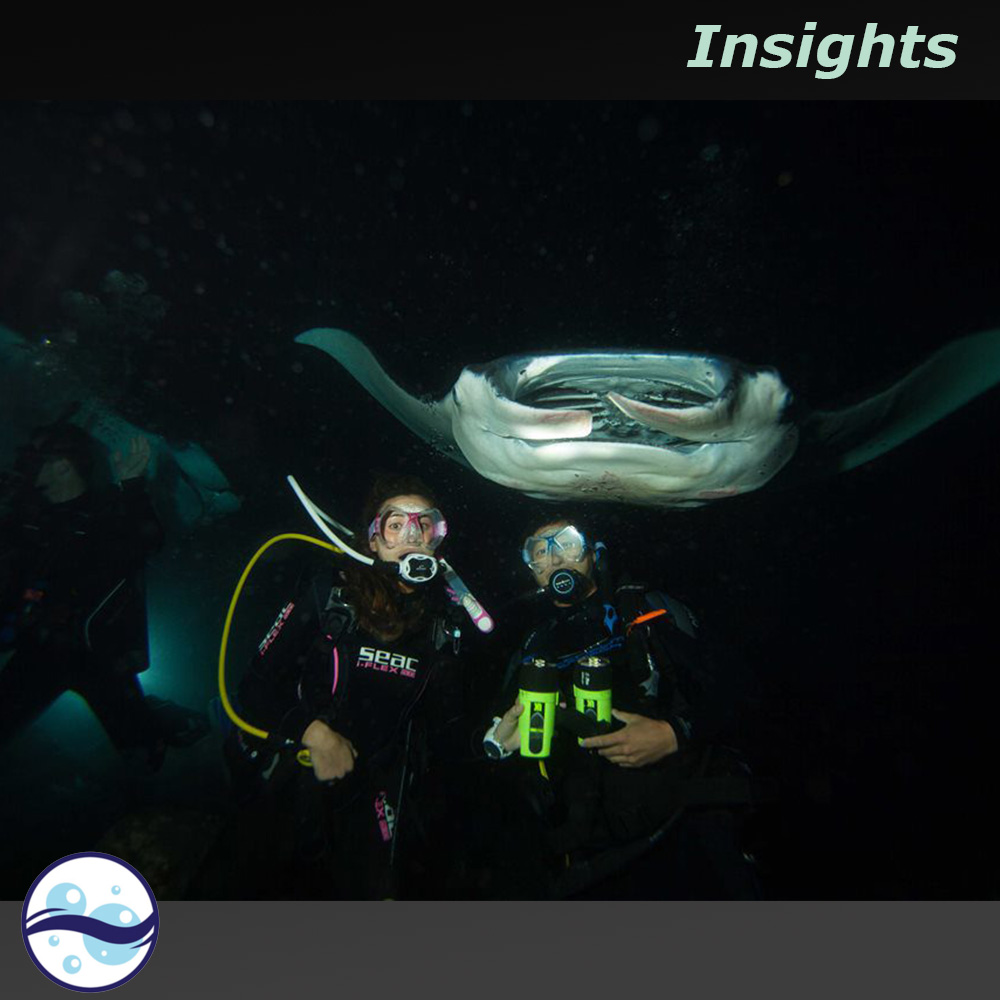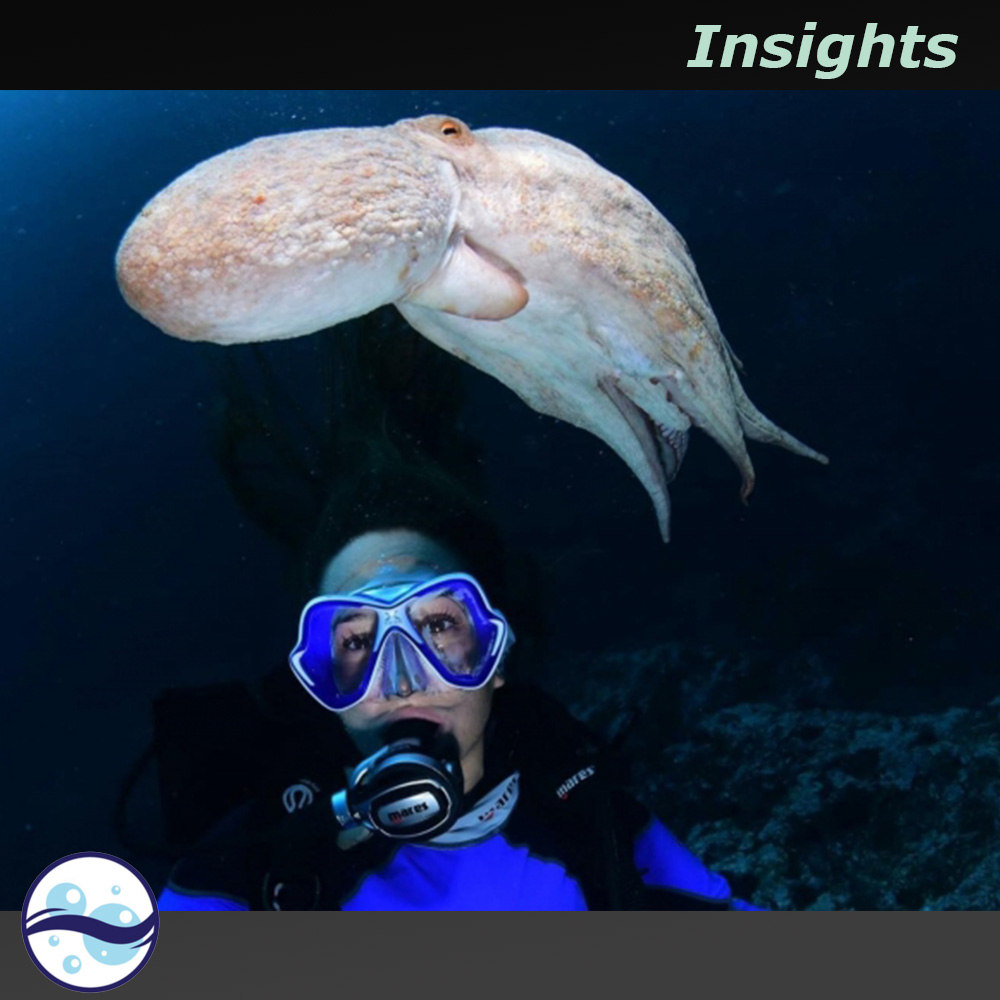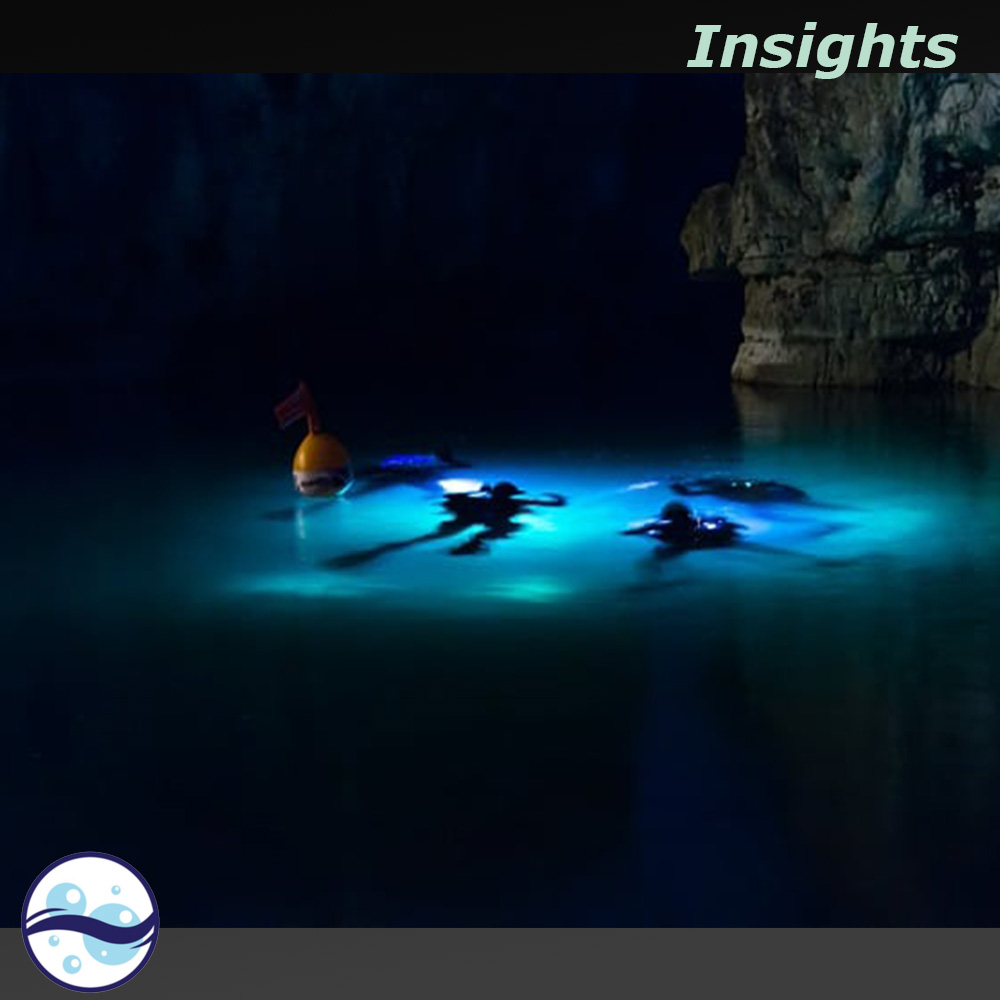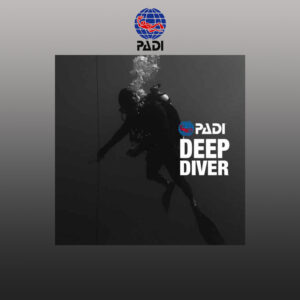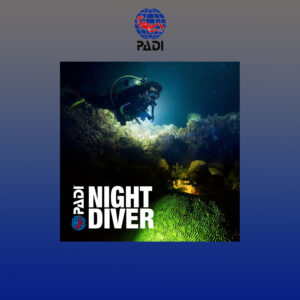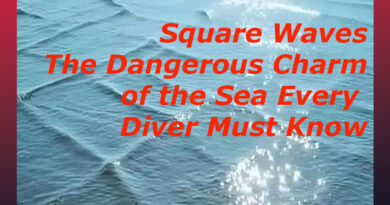Night Diving: How to Explore the Sea in the Dark Safely
|| ScubaLiveTV || Insights || Actuality || Interviews || TV Web || History || Scuba Diving || Freediving || Video collection || Nature and Environment || Collaborate with us ||
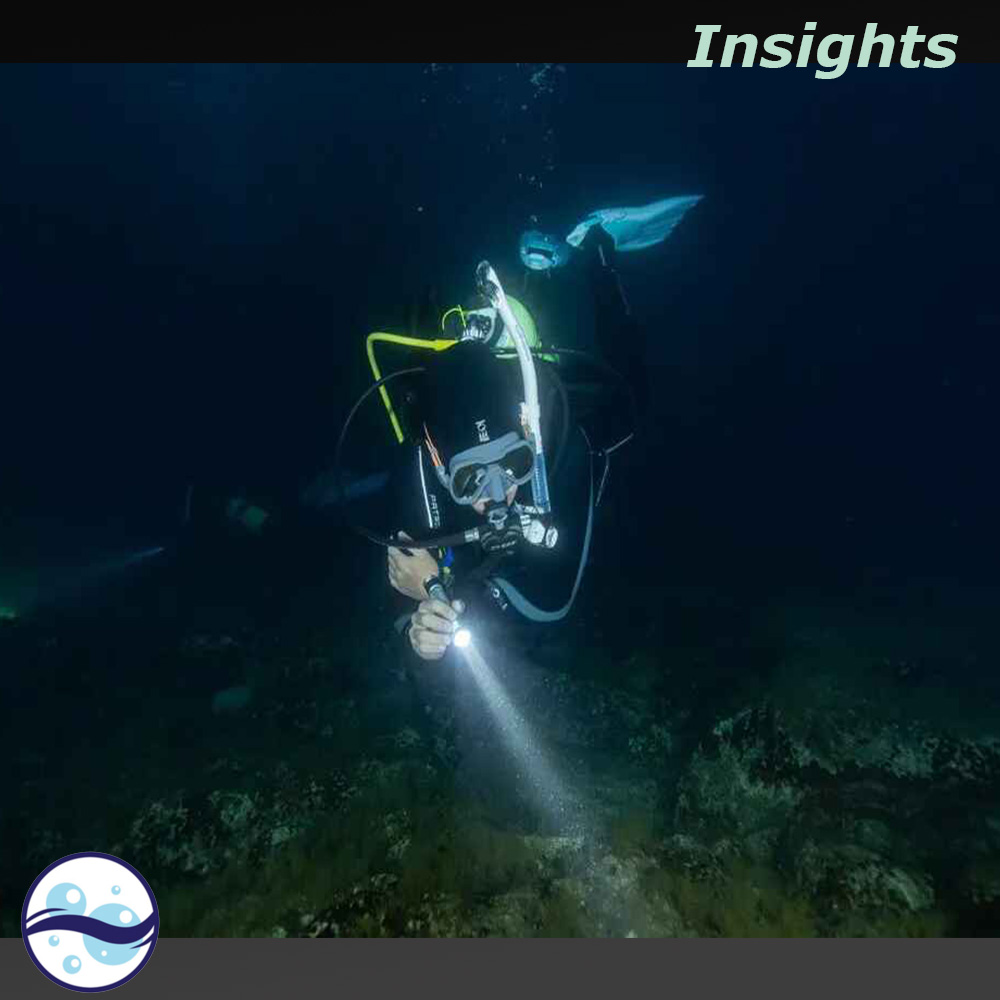
Night Diving: How to Explore the Sea in the Dark Safely
Hey, buddy! Grab your torch and get ready, because I’m taking you on an adventure that’ll light up your eyes: night diving! Picture yourself gliding through the sea under a starry sky, with your torch beam revealing a world you don’t see by day: dancing octopuses, glowing corals, and fish that look straight out of a sci-fi movie. Sounds a bit daunting? Don’t worry, I’m here to put you at ease: with the right moves and a bit of prep, exploring the sea at night is safe, thrilling, and within everyone’s reach. As your virtual dive buddy, I’m sharing the secrets to make this experience unforgettable, and I’ll let you in on how Underwater Academy’s PADI Night Diver courses can turn you into a master of the underwater night. Ready to dive in?
Why Dive at Night?
First off, let the magic of night diving hook you. At night, the sea transforms: daytime creatures retreat, giving the stage to nocturnal ones. Lobsters peek out, parrotfish cocoon in mucus, and bioluminescence lights up the water like a starry sky. It’s an experience that makes you feel like an explorer in an alien world. And guess what? You don’t need to be an expert diver: with a basic course and some curiosity, you can live this magic. But safety is key, and I’ll walk you through how to do it right.
Gear: Your Night Explorer Kit
To tackle the dark, your dive torch is your best friend. Pick a powerful one (at least 1000 lumens) with an adjustable beam, like the Bigblue AL1300WP. Always carry a backup torch—golden rule!—because you don’t want to be left in the dark underwater. Your dive computer, like a Suunto Zoop Novo, helps track depth and time, while a whistle or acoustic signaler is handy for communicating with your buddy. Don’t forget light signals: a glow stick or LED marker on your BCD makes you visible. The gear is similar to daytime diving, but with extra focus on visibility. If you’re new to this, no stress: Underwater Academy’s PADI Night Diver courses will guide you in choosing the perfect kit.
- PADI EFR CARE FOR CHILDRENPADI Care For Children Course: A Comprehensive Guide to Children’s Safety The PADI Care For Children Course is an essential resource for addressing risks and dangers not only in the
- PADI Project AWARE Specialist – Protect aquatic environmentsDescription: Want to make a difference in protecting global aquatic resources? Enroll in the Project AWARE Specialist course and become part of a global force of scuba divers and water
- PADI Discover Scuba DiverDescription The PADI Discover Scuba Diving course is an introductory experience to scuba diving that is ideal for those who want to try this activity without necessarily having to take
Safety Techniques: Your Buddy Is Your Beacon
Alright, buddy, let’s talk safety, because we don’t mess around here. First rule: never dive alone, especially at night. Your dive buddy is your human beacon—pick someone you trust and plan everything together. Before the dive, agree on light signals: a slow circle with the torch means “OK,” a quick side-to-side motion means “trouble.” Move slowly to avoid stirring up sediment, which can cloud visibility at night. And buoyancy? It’s critical! Good trim keeps you from crashing into the seabed or corals. If you’re nervous, try a pool session with an instructor first: Underwater Academy’s Night Diver courses include hands-on practice to make you feel confident.
Another tip? Know your dive site. Do a daytime dive at the same spot to get familiar with landmarks. At night, your torch can disorient you, so use a compass and keep track of the boat’s direction. And don’t fear the dark: it’s normal to feel a bit tense at first, but the magic of the night sea will win you over in minutes.
The Benefits of Night Diving
Why give it a shot? Beyond the adrenaline, night diving sharpens your skills as a diver. You’ll get better at handling gear, communicating precisely, and staying calm under pressure—all skills that make you a stronger diver. Plus, you’ll see species you miss during the day, like hunting octopuses or glowing shrimp. The real bonus? The connection with the sea: at night, without distractions, you truly feel the ocean’s rhythm. It’s an experience that changes you and leaves you with stories to tell.
Underwater Academy: Your Pass to the Night
If this has sparked your interest, know that Underwater Academy regularly offers PADI Night Diver courses to guide you step by step. They cover everything: from using torches to night signals and managing anxiety. The instructors, passionate folks like me, will make you feel safe and ready to conquer the abyss in the dark. Whether you’re a beginner or a diver with a few dives under your belt, these courses are designed to build confidence and solid skills.
So, buddy, what do you say? Grab your torch, find your dive buddy, and get ready to discover a sea you’ve never seen. Night diving is an adventure waiting for you, and with a bit of prep, it’ll be safe and unforgettable. See you under the stars—above and in the water!
